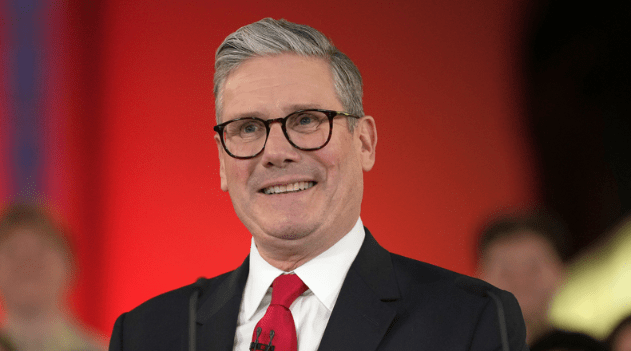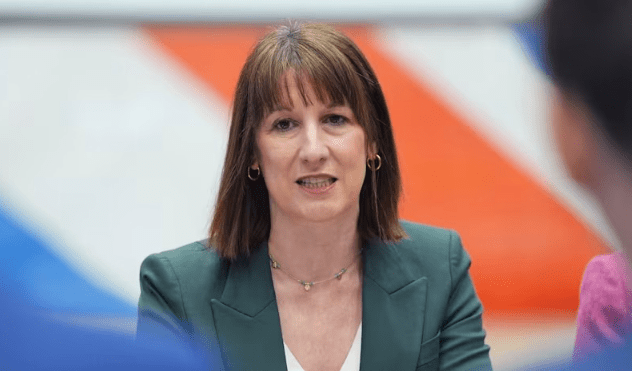Chancellor Rachel Reeves could be forced to impose up to £30bn in tax rises or funding cuts to meet Labour’s defence commitments, a top economist has warned. The Labour government has pledged to raise defence spending to 2.5 per cent of GDP by 2027, with a long-term ambition of reaching 3 per cent in the next Parliament.
UK Faces Tax Rises to Fund Defence Spending Pledge
However, the UK now faces growing pressure from NATO allies to aim even higher, potentially up to 3.5 or even 5 per cent, following calls from NATO chief Mark Rutte and US President Donald Trump.
Prime Minister Sir Keir Starmer declared his intent to turn Britain into a “battle-ready, armour-clad nation”, following a major defence review that called for immediate upgrades to the UK’s military capabilities.

While initial funding is expected to stay within Labour’s current pledges, the report issued a stark warning: “As we live in such turbulent times, it may be necessary to go faster.”
The prospect of accelerated investment in the armed forces has brought the cost sharply into focus.
Economist predicts major fiscal tightening
Michael Saunders, senior economic adviser at Oxford Economics, suggested that a significant increase in defence spending may need to be included in the autumn Budget.
“To establish a more credible path to defence spending ‘considerably north of 3 per cent’ next decade, the government may decide in the autumn Budget that it needs to add some extra spending within the five-year OBR forecast horizon,” said Saunders.
He warned that such ambitions could trigger extra fiscal tightening of £15bn to £30bn, which would likely come from tax rises or spending cuts.
Paul Johnson, director of the Institute for Fiscal Studies (IFS), echoed this view. Speaking to Times Radio, he stated: “Bluntly, it really does seem to me that the only choice that is available is some really quite chunky tax increases to pay for it.”
According to IFS projections:
- Reaching 2.5% of GDP would cost an extra £13.4bn annually from 2027.
- Hitting the 3% target by 2030 would demand an additional £17bn, not yet budgeted.
- The Office for Budget Responsibility (OBR) estimates a further £17.3bn will be needed by 2029–30.
Despite growing fiscal concerns, Defence Secretary John Healey maintained he was “100 per cent confident” that the 3 per cent target would be met. However, he refused to rule out tax increases when pressed in Parliament this week.
Meanwhile, Lib Dem defence spokesperson Helen Maguire criticised the lack of clarity: “It is staggering that we still don’t have an answer to the vital question: ‘Where is the money coming from?’”
Defence sources suggest that Britain could soon be compelled to formally commit to spending 3.5 per cent of GDP by 2035, with negotiations intensifying ahead of a Nato summit later this month.
As the UK’s international obligations grow and military threats increase, the government’s ability to balance defence spending, tax rises, public services, and fiscal responsibility remains under serious strain.






